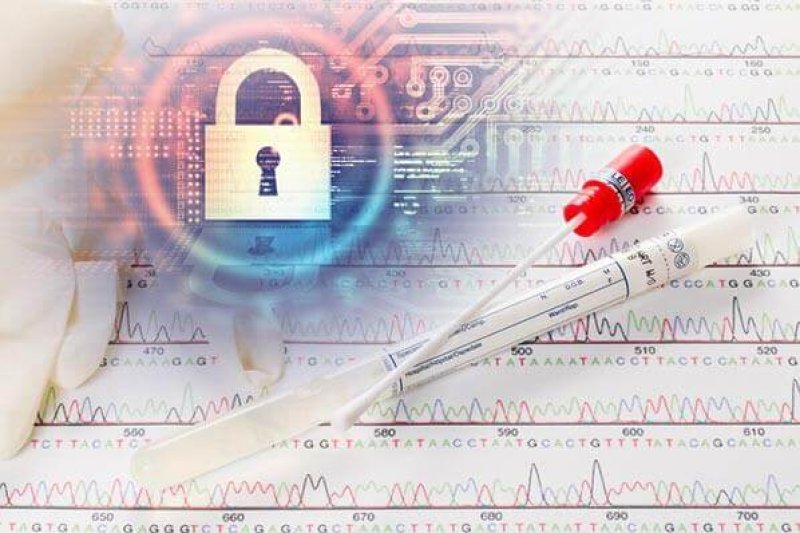The GEDMatch decision to give police access to its data in the assault case — made without informing the database’s users — sparked concern among some users and privacy experts that the website was on a slippery slope toward rampant law enforcement searches, potentially even in minor, nonviolent crimes. After that outcry, on May 18, the database made police access harder by setting all user accounts to a default excluding law enforcement searches. If users want to allow police searches, they can opt for that in their account settings.
“We were not trying to handicap law enforcement,” [GEDMatch cofounder Curtis] Rogers says. “What we were trying to do, in the long run, was to make the whole field of genetic genealogy stronger” by assuaging privacy concerns.
…
What experts really worry about is that police may seek warrants to access all of GEDMatch’s data. And if police do begin writing such search warrants, “I don’t see why they would stop at GEDMatch,” [genetic genealogist CeCe] Moore says.
For instance, the company AncestryDNA has more than 15 million people’s DNA in its database, and 23andMe has more than 10 million customers.
…
With access to those two companies’ databases, Moore says, “we’d be solving cases every day.”
Read full, original post: Genealogy companies could struggle to keep clients’ data from police































